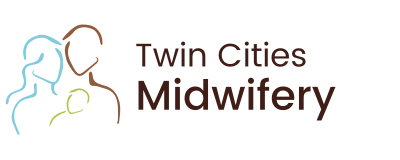29 Jan An intro to Elimination Communication (EC)
by Anna Bartels, TCM Apprentice
Most new parents spend a great deal of time discussing diapering options for their child. Cost, time, and types of diapers, it is subject matter than many can weigh in on. A “new” trend that some parents are discussing is Elimination Communication, or EC. EC, in a nutshell, is when a parent learns to recognize their child’s cues related to eliminating waste, such as a warning cry or squirm. Once the parent can comfortably recognize the cues, they then place the infant over a some sort of potty and give a signal to relieve themselves. Pretty soon, the infant learns to recognize the signals from their parent and is able to relieve themselves on command, if the parent is vigilant about timing. Most advocates describe an ideal window of birth to 4 months of age as the ideal window to begin practicing EC. The four important themes of EC are timing, signals, cueing, and intuition.
While elimination communication is a more modern term for the process, some form of EC has been practiced in traditional societies for thousands of years, where many communities have never used diapers. Advocates of EC describe the process not as “potting training” their child but instead as training adults to understand their children’s elimination signals and needs.
There are a variety of advantages to practicing elimination communication, including fewer of the problems associated with diaper use such as diaper rash, cost, environmental waste, and cleanliness. Other positive factors can include more intimate communication between caregivers and infants, augmenting the learning process so children understand cause and effect, and more efficient and uncomplicated potty training when the time comes. About half of the worlds children are potty trained by 12 months of age, compared to an average of 3 years old in the United States.
According to some theories, elimination communication requires a parent who can be very consistent is recognizing and responding to babies cues, and may be difficult for parents who are not able to stay at home with their infants on a full-time basis. On the other hand, EC is something that does not have to be practiced on a full-time basis, and most parents who practice EC use diapers for back-up on outings, in daycare situation, or while traveling. For more information on elimination communication, see the resources included below.
Resources
Books
Diaper Free! The Gentle Wisdom of Natural Infant Hygiene, by Ingrid Bauer
Infant Potty Training: A Gentle and Primeval Method Adapted to Modern Living, by Laurie Boucke
EC Simplified: Infant Potty Training Made Easy, by Andrea Olson
Websites




Sorry, the comment form is closed at this time.